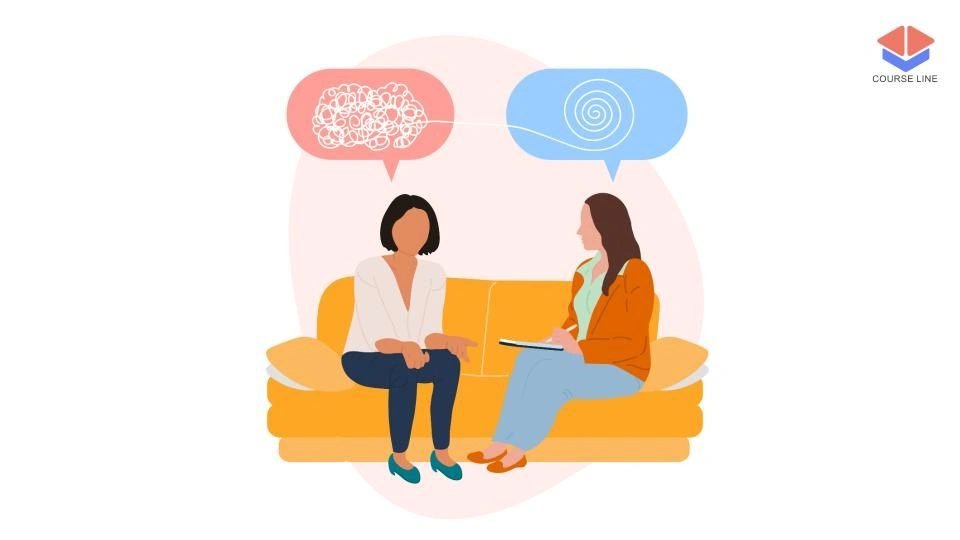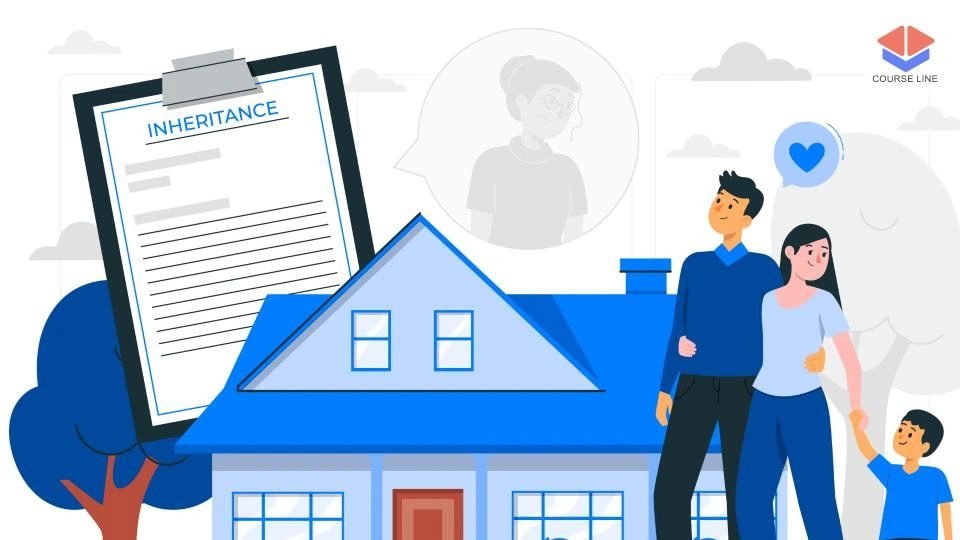Course Features
Price
Study Method
Online | Self-paced
Course Format
Reading Material - PDF, article
Duration
4 hours, 35 minutes
Qualification
No formal qualification
Certificate
At completion
Additional info
Coming soon
- Share
Overview
The Cognitive Behavioural Therapy Curriculum Breakdown offers an extensive look into one of the most widely used and effective therapeutic approaches for treating various mental health conditions. The course begins with an introduction to Cognitive Behavioural Therapy (CBT), providing learners with a solid foundation in its key principles and practices. It delves into the origins of CBT, tracing its development from its early roots to its contemporary applications. As the course progresses, learners will explore the modern approach to CBT and its evolving future directions, understanding how this therapy continues to adapt to meet the needs of diverse clients.
Key theoretical concepts form an essential part of the curriculum, including the theory of CBT, classical and instrumental conditioning, and social learning theory, all of which contribute to a deeper understanding of how thoughts, emotions, and behaviours are interconnected. The course also introduces cognitive appraisal theory and cognitive-behavioural theory, essential frameworks for understanding how individuals perceive and respond to stressors, shaping the therapeutic interventions used in CBT.
The course covers the therapy process in detail, outlining the stages of CBT, including the role of both the therapist and the client. Learners will be introduced to various strategies and techniques employed in CBT, including skill- and reinforcement-based strategies, exposure-based strategies, and cognitive-based strategies. The curriculum also examines indications and contraindications for cognitive strategies, helping learners understand when CBT is most effective and how to tailor interventions to meet individual needs. The course concludes with an exploration of the role of changes in cognition and how CBT works with diverse clients, offering a holistic view of how CBT can be applied across various populations and settings.
Who is this course for?
The Cognitive Behavioural Therapy Curriculum Breakdown offers an extensive look into one of the most widely used and effective therapeutic approaches for treating various mental health conditions. The course begins with an introduction to Cognitive Behavioural Therapy (CBT), providing learners with a solid foundation in its key principles and practices. It delves into the origins of CBT, tracing its development from its early roots to its contemporary applications. As the course progresses, learners will explore the modern approach to CBT and its evolving future directions, understanding how this therapy continues to adapt to meet the needs of diverse clients.
Key theoretical concepts form an essential part of the curriculum, including the theory of CBT, classical and instrumental conditioning, and social learning theory, all of which contribute to a deeper understanding of how thoughts, emotions, and behaviours are interconnected. The course also introduces cognitive appraisal theory and cognitive-behavioural theory, essential frameworks for understanding how individuals perceive and respond to stressors, shaping the therapeutic interventions used in CBT.
The course covers the therapy process in detail, outlining the stages of CBT, including the role of both the therapist and the client. Learners will be introduced to various strategies and techniques employed in CBT, including skill- and reinforcement-based strategies, exposure-based strategies, and cognitive-based strategies. The curriculum also examines indications and contraindications for cognitive strategies, helping learners understand when CBT is most effective and how to tailor interventions to meet individual needs. The course concludes with an exploration of the role of changes in cognition and how CBT works with diverse clients, offering a holistic view of how CBT can be applied across various populations and settings.
Requirements
The Cognitive Behavioural Therapy Curriculum Breakdown offers an extensive look into one of the most widely used and effective therapeutic approaches for treating various mental health conditions. The course begins with an introduction to Cognitive Behavioural Therapy (CBT), providing learners with a solid foundation in its key principles and practices. It delves into the origins of CBT, tracing its development from its early roots to its contemporary applications. As the course progresses, learners will explore the modern approach to CBT and its evolving future directions, understanding how this therapy continues to adapt to meet the needs of diverse clients.
Key theoretical concepts form an essential part of the curriculum, including the theory of CBT, classical and instrumental conditioning, and social learning theory, all of which contribute to a deeper understanding of how thoughts, emotions, and behaviours are interconnected. The course also introduces cognitive appraisal theory and cognitive-behavioural theory, essential frameworks for understanding how individuals perceive and respond to stressors, shaping the therapeutic interventions used in CBT.
The course covers the therapy process in detail, outlining the stages of CBT, including the role of both the therapist and the client. Learners will be introduced to various strategies and techniques employed in CBT, including skill- and reinforcement-based strategies, exposure-based strategies, and cognitive-based strategies. The curriculum also examines indications and contraindications for cognitive strategies, helping learners understand when CBT is most effective and how to tailor interventions to meet individual needs. The course concludes with an exploration of the role of changes in cognition and how CBT works with diverse clients, offering a holistic view of how CBT can be applied across various populations and settings.
Career path
The Cognitive Behavioural Therapy Curriculum Breakdown offers an extensive look into one of the most widely used and effective therapeutic approaches for treating various mental health conditions. The course begins with an introduction to Cognitive Behavioural Therapy (CBT), providing learners with a solid foundation in its key principles and practices. It delves into the origins of CBT, tracing its development from its early roots to its contemporary applications. As the course progresses, learners will explore the modern approach to CBT and its evolving future directions, understanding how this therapy continues to adapt to meet the needs of diverse clients.
Key theoretical concepts form an essential part of the curriculum, including the theory of CBT, classical and instrumental conditioning, and social learning theory, all of which contribute to a deeper understanding of how thoughts, emotions, and behaviours are interconnected. The course also introduces cognitive appraisal theory and cognitive-behavioural theory, essential frameworks for understanding how individuals perceive and respond to stressors, shaping the therapeutic interventions used in CBT.
The course covers the therapy process in detail, outlining the stages of CBT, including the role of both the therapist and the client. Learners will be introduced to various strategies and techniques employed in CBT, including skill- and reinforcement-based strategies, exposure-based strategies, and cognitive-based strategies. The curriculum also examines indications and contraindications for cognitive strategies, helping learners understand when CBT is most effective and how to tailor interventions to meet individual needs. The course concludes with an exploration of the role of changes in cognition and how CBT works with diverse clients, offering a holistic view of how CBT can be applied across various populations and settings.
-
- Introduction to Cognitive Behavioural Therapy 00:10:00
-
- The Origins of Cognitive Behavioural Therapy 00:10:00
- Contemporary Approach to Cognitive Behavioural Therapy 00:10:00
- Theory of Cognitive Behavioural Therapy 00:10:00
- Learning Theory: Instrumental Conditioning 00:10:00
- Cognitive Appraisal Theory 00:10:00
- The Therapy Process 00:10:00
- Role of the Client 00:10:00
- Skill- and Reinforcement-Based Strategies 00:10:00
- Cognitive-Based Strategies 00:10:00
- Evaluation for Cognitive Behavioural Therapy 00:10:00
- How does CBT work with diverse clients 00:10:00
- Premium Certificate 00:15:00

No Reviews found for this course.
Is this certificate recognized?
Yes, our premium certificate and transcript are widely recognized and accepted by embassies worldwide, particularly by the UK embassy. This adds credibility to your qualification and enhances its value for professional and academic purposes.
I am a beginner. Is this course suitable for me?
Yes, this course is designed for learners of all levels, including beginners. The content is structured to provide step-by-step guidance, ensuring that even those with no prior experience can follow along and gain valuable knowledge.
I am a professional. Is this course suitable for me?
Yes, professionals will also benefit from this course. It covers advanced concepts, practical applications, and industry insights that can help enhance existing skills and knowledge. Whether you are looking to refine your expertise or expand your qualifications, this course provides valuable learning.
Does this course have an expiry date?
No, you have lifetime access to the course. Once enrolled, you can revisit the materials at any time as long as the course remains available. Additionally, we regularly update our content to ensure it stays relevant and up to date.
How do I claim my free certificate?
I trust you’re in good health. Your free certificate can be located in the Achievement section. The option to purchase a CPD certificate is available but entirely optional, and you may choose to skip it. Please be aware that it’s crucial to click the “Complete” button to ensure the certificate is generated, as this process is entirely automated.
Does this course have assessments and assignments?
Yes, the course includes both assessments and assignments. Your final marks will be determined by a combination of 20% from assignments and 80% from assessments. These evaluations are designed to test your understanding and ensure you have grasped the key concepts effectively.
Is this course accredited?
We are a recognized course provider with CPD, UKRLP, and AOHT membership. The logos of these accreditation bodies will be featured on your premium certificate and transcript, ensuring credibility and professional recognition.
Will I receive a certificate upon completion?
Yes, you will receive a free digital certificate automatically once you complete the course. If you would like a premium CPD-accredited certificate, either in digital or physical format, you can upgrade for a small fee.
Course Features
Price
Study Method
Online | Self-paced
Course Format
Reading Material - PDF, article
Duration
4 hours, 35 minutes
Qualification
No formal qualification
Certificate
At completion
Additional info
Coming soon
- Share
ENT Level 5 Advanced Diploma
Course Line239£490.00Original price was: £490.00.£14.99Current price is: £14.99.Family Law Level 8 Advanced Diploma
Course Line240£490.00Original price was: £490.00.£14.99Current price is: £14.99.Biochemistry Level 8 Advanced Diploma
Course Line239£490.00Original price was: £490.00.£14.99Current price is: £14.99.





